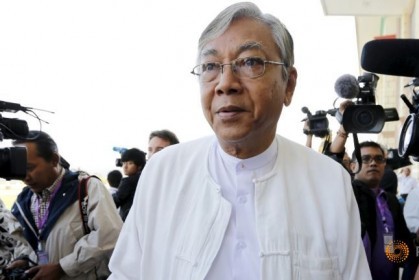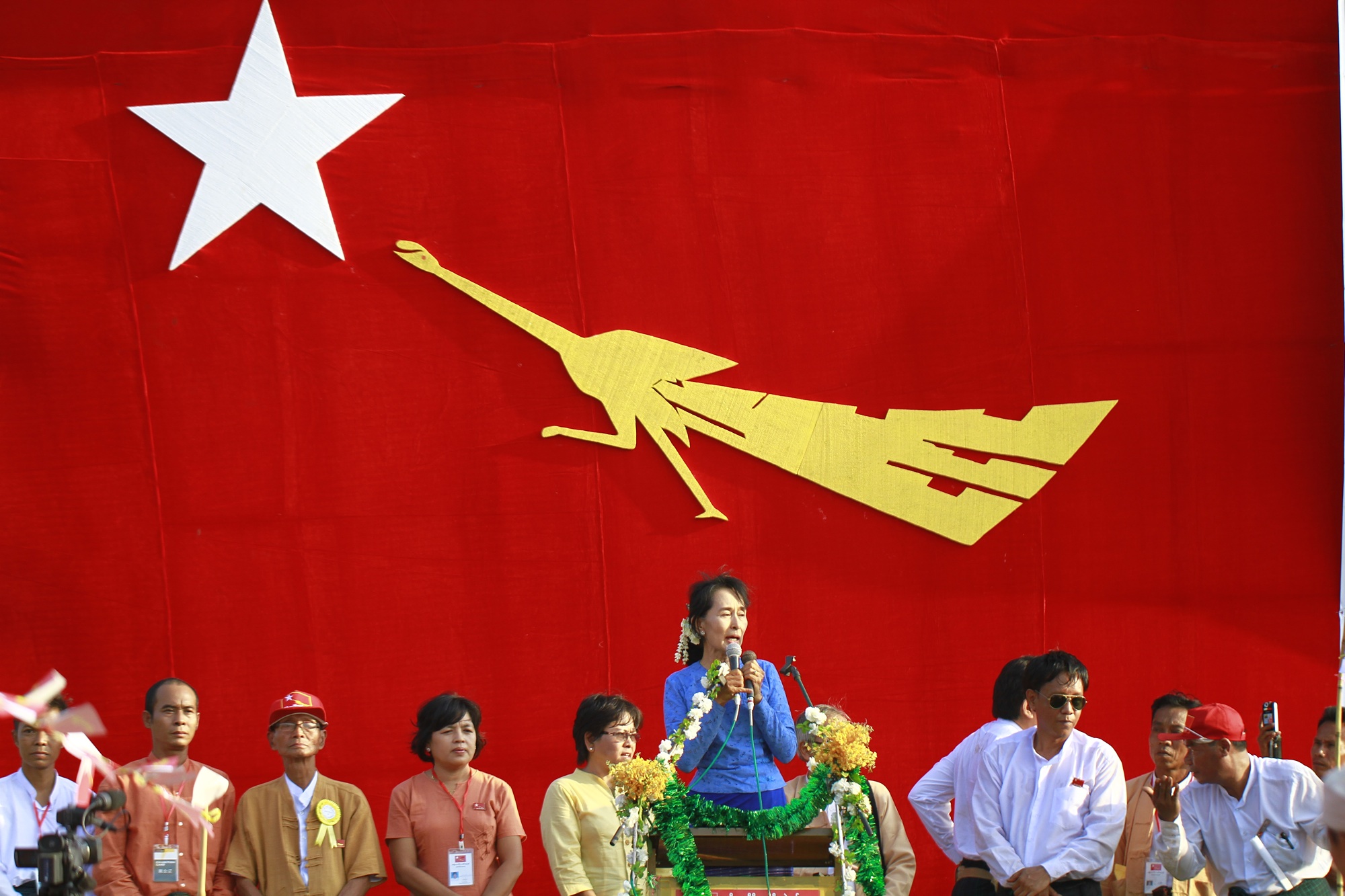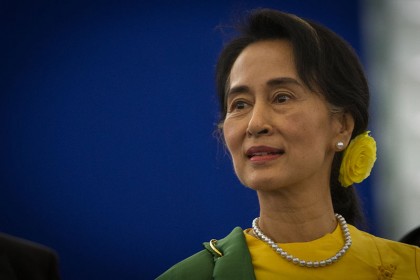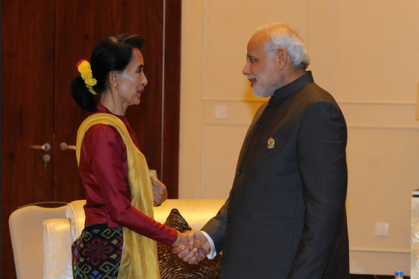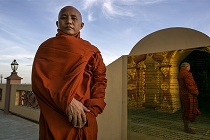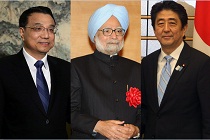Myanmar: the chessboard of destiny
The power game in Myanmar has become clearer with the election of U Htin Kyaw as President. However unanswered questions remain as to the role of NLD leader, Aung Suu Kyi in this new government as well as how Myanmar will operate with two very different groups at the steering wheel.

